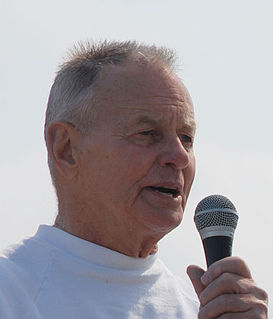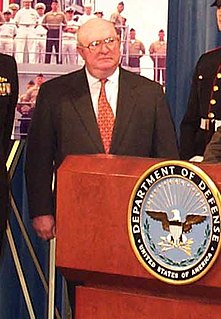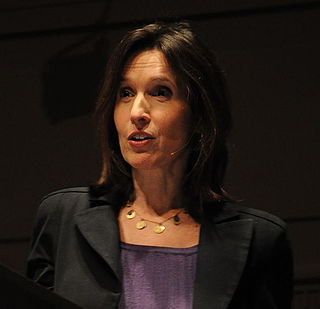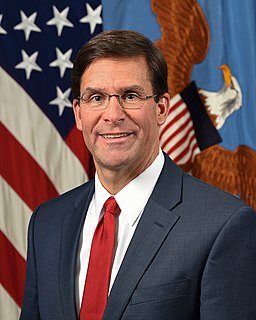A Quote by Kshama Sawant
We've seen the weakest economic recovery since World War II, and massive levels of inequality and debt.
Related Quotes
There is a myth that the New Deal programs on their own pulled the US out of the Great Depression and created the conditions for the economic boom after World War II. As an economist, I can tell you, that is not true. In reality, it was mainly World War II that launched the boom - the massive war mobilization, the horrifying destruction and death caused by it, and then the reconstruction in its aftermath. he US was the only advanced capitalist country that was not bombed during the war.
Our folks have a lot of passion. They're very concerned about the direction of the country and concerned the record debt and deficit and what it means for their kids, concerned about the economy and the fact that we're not getting back on track with the weakest economic recovery since the Great Depression. And at the end of the day, I think that's going to make the difference.
We have to recognize that the reason that the global order that we've enjoyed and almost take for granted over the last several years exists is that after World War II, the United States and its allies tried to build an antidote to what they had seen between World War I and World War II. There, they'd seen protectionism, beggar-thy-neighbor trading policies, so they said, we'll build an open international economy. And they did that.
People think of a business cycle, which is a boom followed by a recession and then automatic stabilizers revive the economy. But this time we can't revive. The reason is that every recovery since 1945 has begun with a higher, and higher level of debt. The debt is so high now, that since 2008 we've been in what I call, debt deflation.
We are seeing a working-class, a middle class, which over the last three decades has seen their wages and income stagnate, while the very rich have seen their tax burden lighten in ways not seen in three or four decades. It's a face of a country that we need to look at and understand that inequality is perhaps the greatest threat to our economic recovery and democracy, and in that context we must take action.
It's important to remember that World War II was experienced very much as a continuity in that sense. Most of World War II in most of Europe wasn't a war; it was an occupation. The war was at the beginning and the end, except in Germany and the Soviet Union, and even there really only at the end. So the rest of time it's an occupation, which in some ways was experienced as an extension of the interwar period. World War II was simply an extreme form, in a whole new key, of the disruption of normal life that began in 1914.



































